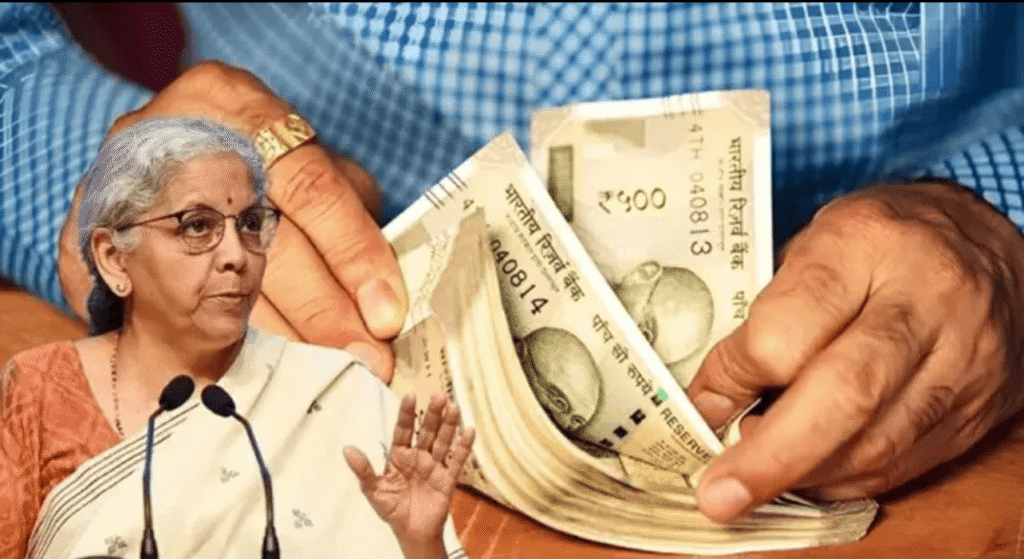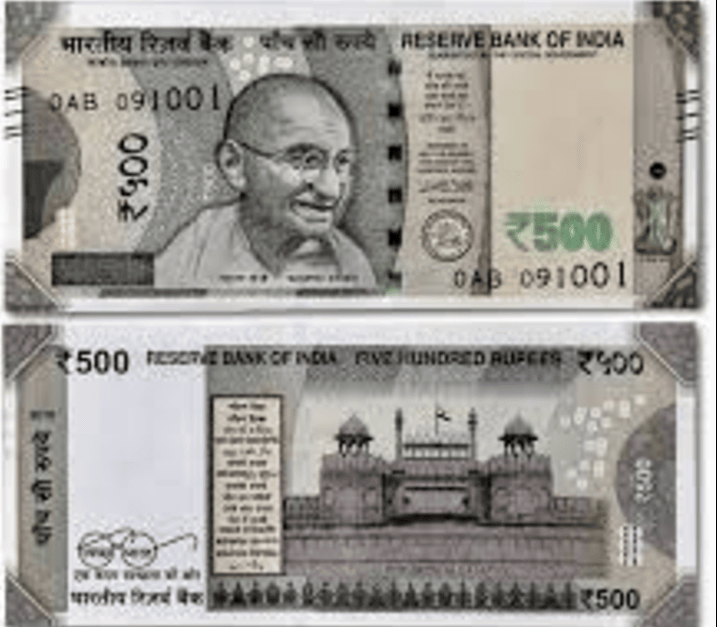Cash Transaction Limit in India 2025

Cash transactions are strictly monitored by the Income Tax Department. You may be subject to a severe fine if you transfer more than ₹2 lakh in cash in a single day. In such circumstances, the tax department can recover the entire amount as a penalty under Section 269ST. Find out all the basics.
Cash Transactions Limit: Both the government and the Income Tax Department keep vigilant tabs on cash transactions in modern times, as the use of digital payments grows rapidly. The purpose is to put an end to tax evasion and black money.
Table of Contents
TogglePeople frequently transfer large amounts of cash without understanding it, which may be violating the Income Tax Law. To avoid penalties or notices in the future, it is essential that you fully understand the regulations regarding monetary constraints.
Cash transactions are limited to only ₹2 lakh per day
A person can only transact cash up to ₹2 lakh in just one day, per Section 269ST of the Income Tax Act. Thus, it would be under the law to take more than ₹2 lakh in cash from one person in a single day. Cash received in any way, whether monetary gifts, financing, business payments, or other transactions, is governed by the provisions of this law.
For example, the Income Tax Department holds the right to seize ₹3 lakh in cash you gave as a gift or received from someone. The Income Tax Department may then issue you a notice seeking a clarification of the amount.
The Income Tax Department also monitors these transactions.
The Tax Department monitors several types of cash transactions, including
- Bank Deposit: If you deposited more than ₹10 lakh in cash in a year.
- Credit Card Bill Payment:Paid a credit card bill with more than ₹1 lakh in cash.
- Property Deal:Bought or sold property worth ₹30 lakh or more.
- Gift:Received a gift in cash of more than ₹50,000.
- Business Payment:Received more than ₹2 lakh in cash from a client.

Heavy fines for violating the rules
A person who violates Section 269ST may incur a fine equal to the amount of money that they were given. For example, the penalty will be ₹2.5 lakh if you received ₹2.5 lakh in cash.
Every individual is liable to this rule, irrespective of whether they are professionals, owners of companies, or paid workers. According to tax experts, if a simple cash transaction exceeds the limit, the tax department can investigate it.
How to Avoid an Income Tax Notice?
The recommendations that follow should be adhered to if you want to avoid getting an income tax notice:
- Keep a record of every payment, whether it’s a bill or receipt.
- Make all large transactions online or through banking channels.
- In the case of a gift or loan, keep the transaction in writing.
- If cash must be given for some reason, keep the limit in mind.
Different Rules for Banks and Businesses
Accounting is yet another sector where businesses need to proceed with precaution. A trader violates tax regulations if they accept more than ₹2 lakh in cash from someone else. All significant financial transactions must be reported by banks and NBFCs.
Why are digital transactions important?
Another sector where enterprises must exercise carefulness is accounting. If an entrepreneur takes over ₹2 lakh in cash from another individual, they violate tax laws. Banks and NBFCs must remember to maintain records of all significant financial transactions.
Conclusion
If you deal with massive amounts of cash, be cautious. All huge transactions in cash are now scrutinized by the Income Tax Department. Try making use of UPI or bank wire transfers for all significant payments. By carrying this out, you can avoid any fees or notices in addition to keeping your money safe.
